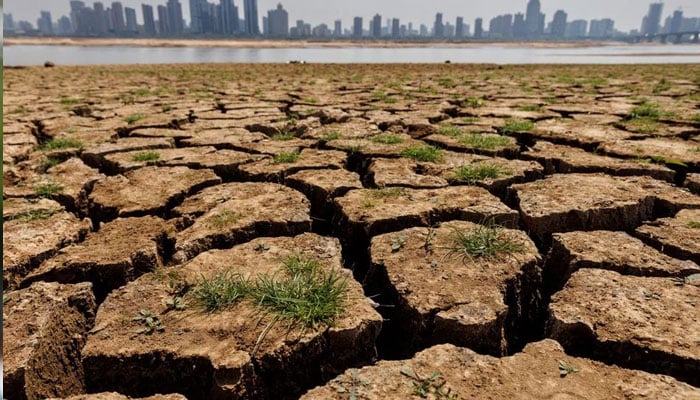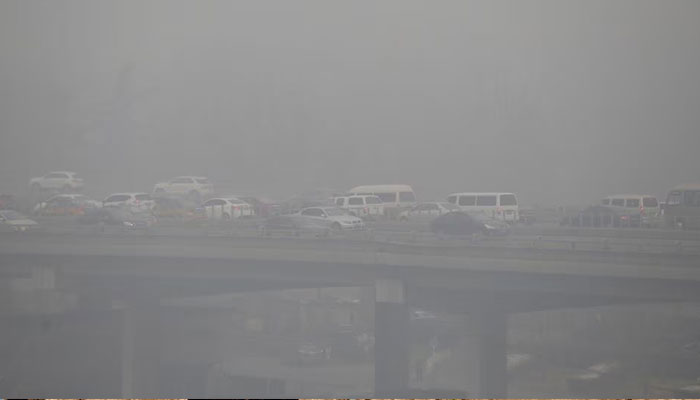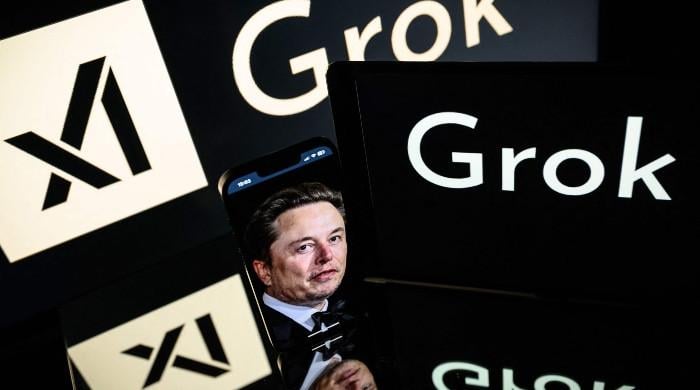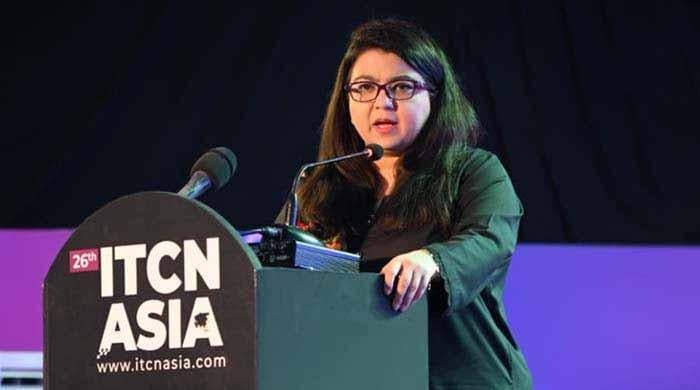Rock and hard place: Lowering air pollution leads to higher temperatures, study finds
China's average temperatures have gone up by 0.7 degrees Celsius since 2014, triggering fiercer heatwaves
November 02, 2023
Air pollution, a global scourge that kills millions of people a year, is shielding us from the full force of the sun. Getting rid of it will accelerate climate change.
That's the unpalatable conclusion reached by scientists poring over the results of China's decade-long and highly effective "war on pollution," according to six leading climate experts.

The drive to banish pollution, caused mainly by sulphur dioxide (SO2) spewed from coal plants, has cut SO2 emissions by close to 90% and saved hundreds of thousands of lives, Chinese official data and health studies show.
Yet stripped of its toxic shield, which scatters and reflects solar radiation, China's average temperatures have gone up by 0.7 degrees Celsius since 2014, triggering fiercer heatwaves, according to a Reuters review of meteorological data and the scientists interviewed.

"It's this Catch-22," said Patricia Quinn, an atmospheric chemist at the US National Oceanic and Atmospheric Administration (NOAA), speaking about cleaning up sulphur pollution globally. "We want to clean up our air for air quality purposes but, by doing that, we're increasing warming."
The removal of air pollution - a term scientists call "unmasking" - may have had a greater effect on temperatures in some industrial Chinese cities over the last decade than the warming from greenhouse gases themselves, the scientists said.
Other highly polluted parts of the world, such as India and the Middle East, would see similar jumps in warming if they follow China's lead in cleaning the skies of sulphur dioxide and the polluting aerosols it forms, the experts warned.
They said efforts to improve air quality could push the world into catastrophic warming scenarios and irreversible impacts.
"Aerosols are masking one-third of the heating of the planet," said Paulo Artaxo, an environmental physicist and lead author of the chapter on short-lived climate pollutants in the most recent round of reports by the Intergovernmental Panel on Climate Change (IPCC), completed this year.
"If you implement technologies to reduce air pollution, this will accelerate – very significantly – global warming in the short term."
The Chinese and Indian environment ministries didn't immediately respond to requests for comment on the effects of pollution unmasking.
The link between reducing sulphur dioxide and warming was flagged by the IPCC in a 2021 report, which concluded that, without the solar shield of SO2 pollution, the global average temperature would already have risen by 1.6 degrees Celsius above preindustrial levels.
That misses the world's goal of limiting warming to 1.5C, beyond which scientists predict irreversible and catastrophic changes to the climate, according to the IPCC, which pegs the current level at 1.1C.
The Reuters review of the Chinese data provides the most detailed picture yet of how this phenomenon is playing out in the real world, drawing on previously unreported numbers on changes in temperatures and SO2 emissions over the past decade and corroborated by environmental scientists.
Reuters interviewed 12 scientists in total on the phenomenon of unmasking globally, including four who have acted as authors or reviewers of sections on air pollution in IPCC reports.
They said there was no suggestion among climate experts that the world should let up on fighting air pollution, a clear and present danger that the World Health Organization says causes about 7 million premature deaths a year, mostly in poorer countries.
Instead, they stressed the need for more aggressive action to cut emissions of climate-warming greenhouse gases, with reducing methane seen as one of the most promising paths to offset pollution unmasking in the short term.
XI battles 'Airpocalypse'
President Xi Jinping pledged to tackle pollution when he took power in 2012 following decades of coal burning that had helped turn China into "the factory of the world". The following year, as record smog in Beijing inspired "Airpocalypse" newspaper headlines, the government unveiled what scientists called China's version of the U.S. Clean Air Act.
On March 5, 2014, a week after Xi went on a walkabout during another extreme bout of smog in the capital, the government officially declared a war on pollution at the National People's Congress.
Under the new rules, power plants and steel mills were forced to switch to lower-sulphur coal. Hundreds of inefficient factories were shuttered, and vehicle fuel standards toughened up. While coal continues to be China's largest power source, smokestack scrubbers now strip out most SO2 emissions.
China's SO2 emissions had decreased from a 2006 peak of nearly 26 million metric tons to 20.4 million tons in 2013 thanks to more gradual emissions restrictions. But with the war on pollution, those emissions had plummeted by about 87% to 2.7 million metric tons by 2021.
The drop in pollution was accompanied by a leap in warming - the nine years since 2014 have seen national average annual temperatures in China of 10.34C, up more than 0.7









